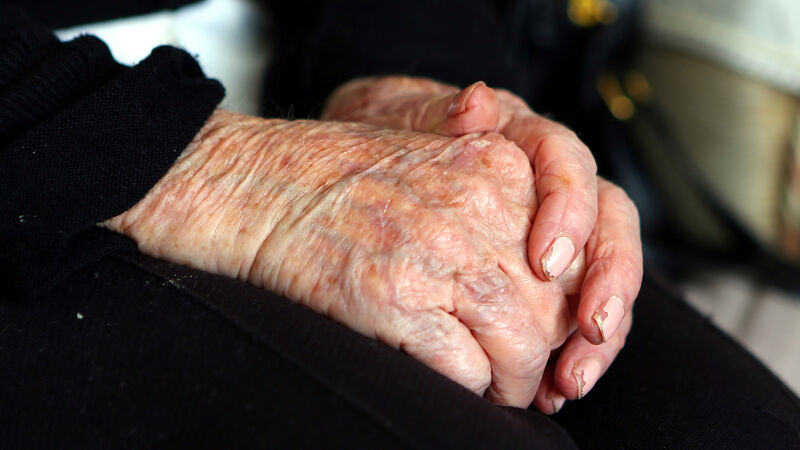Carers to get national living wage and transport expenses

More than 6,000 people are on HSE homecare waiting lists around the country Picture: PA Wire
A HSE plan to recruit homecare providers will be finalised next month and will ensure carers get the national living wage and transport expenses.
The challenges to recruitment in the homecare sector can be seen in new figures showing that just seven people have applied for a new work permit that allows carers from outside the EU to work in Ireland.










